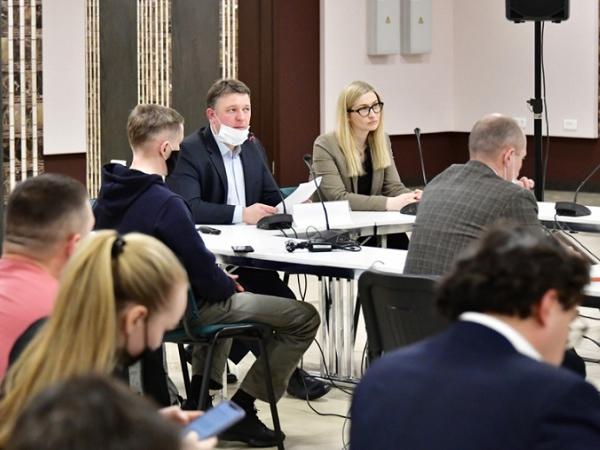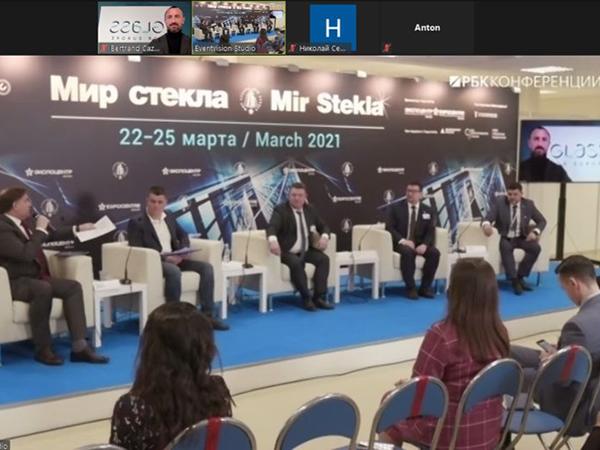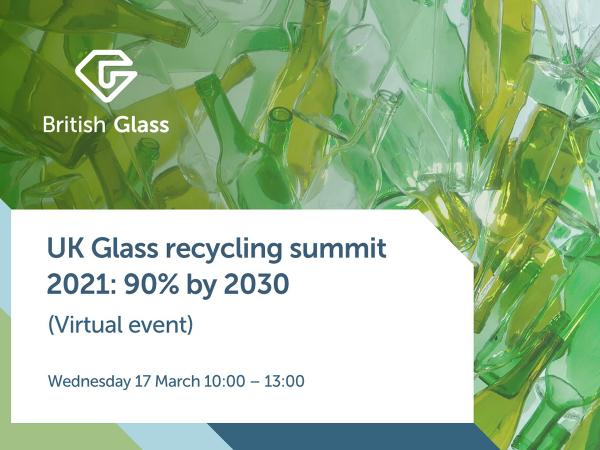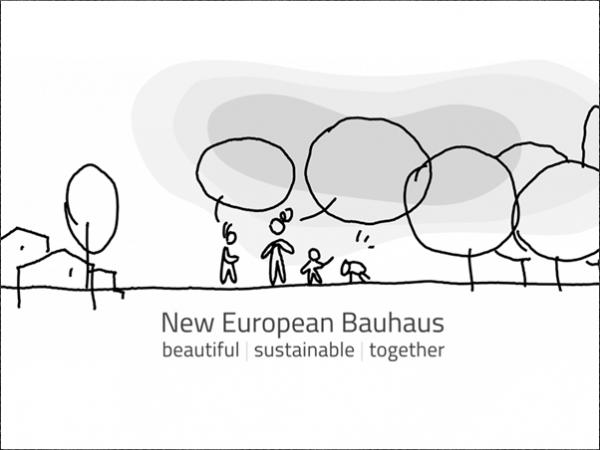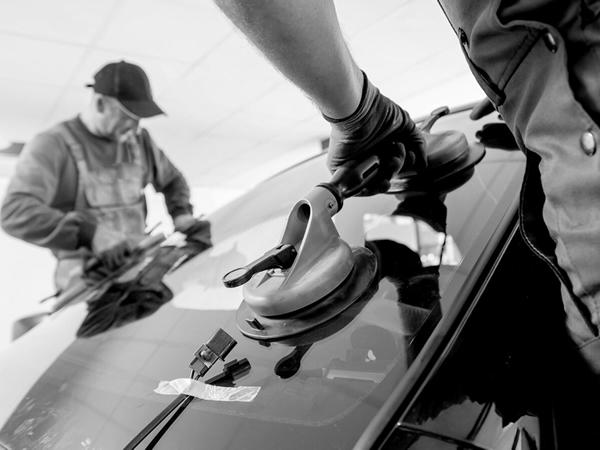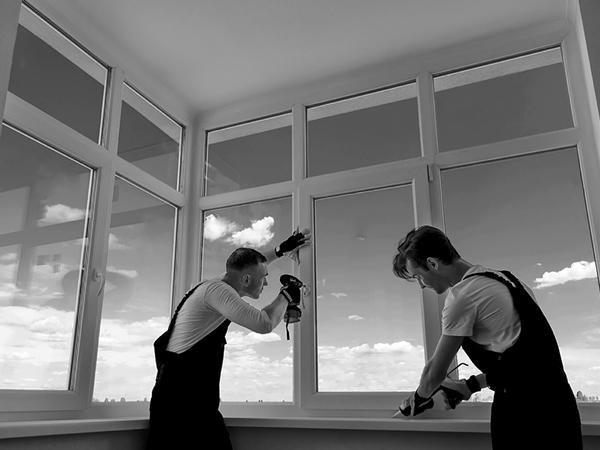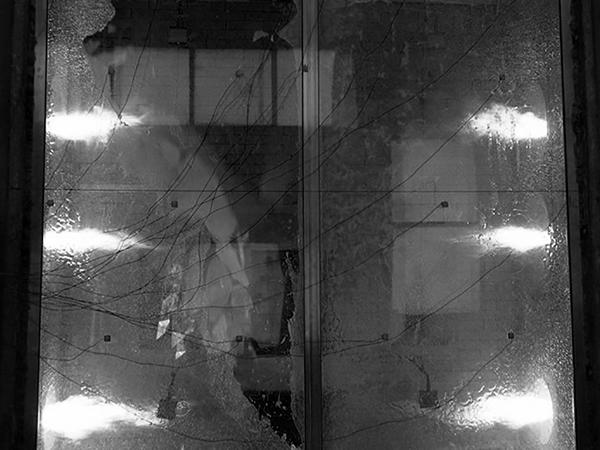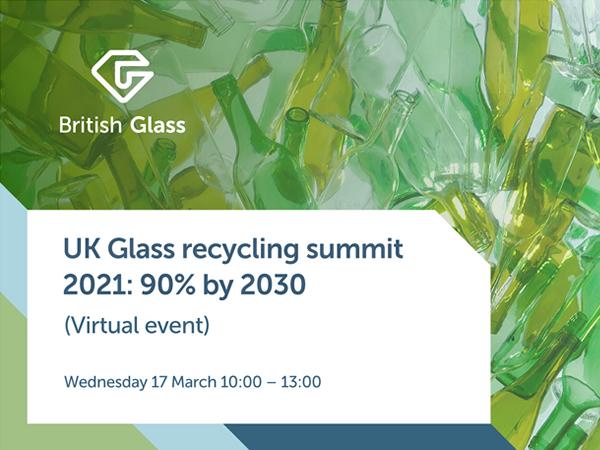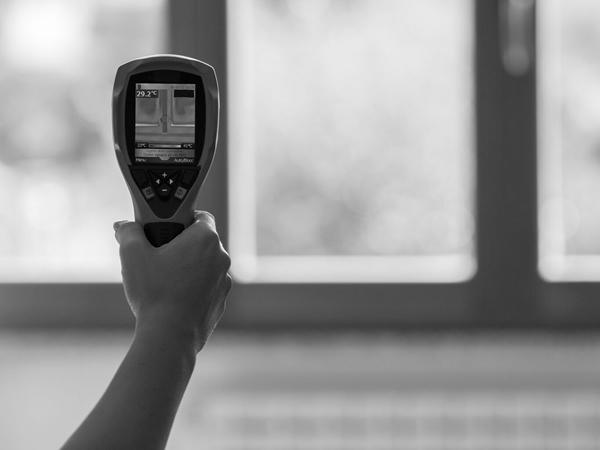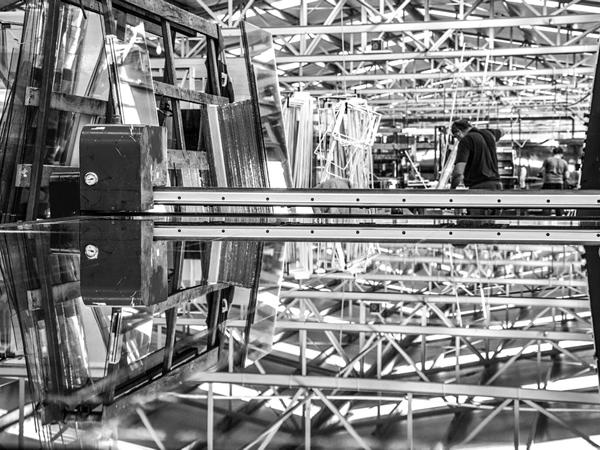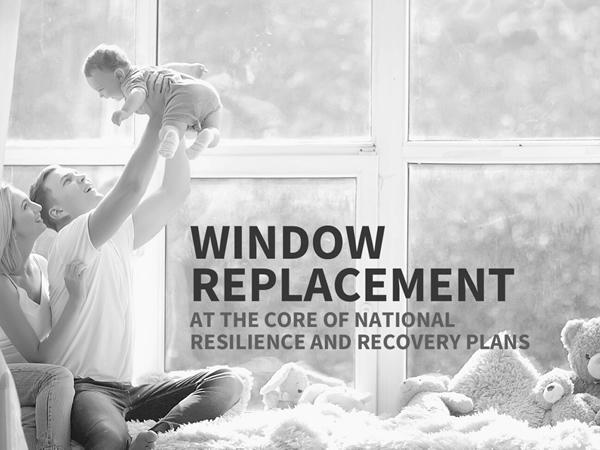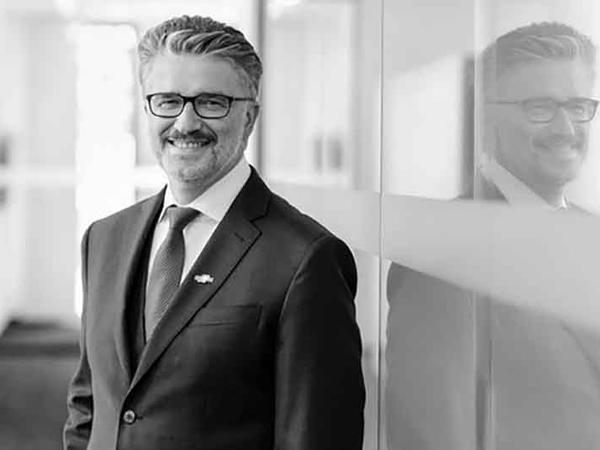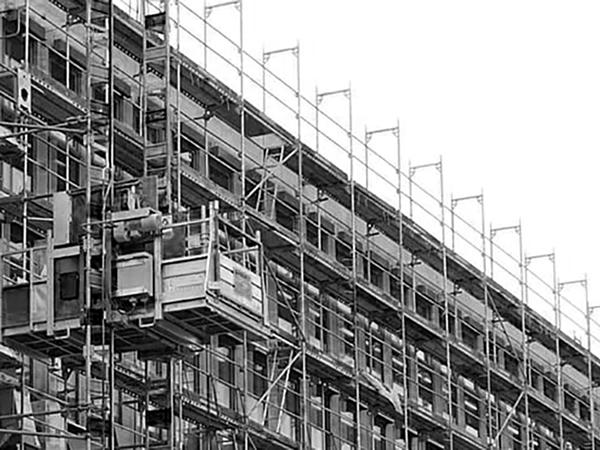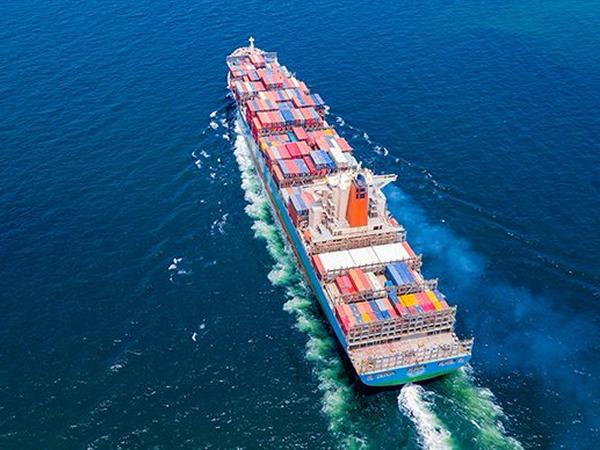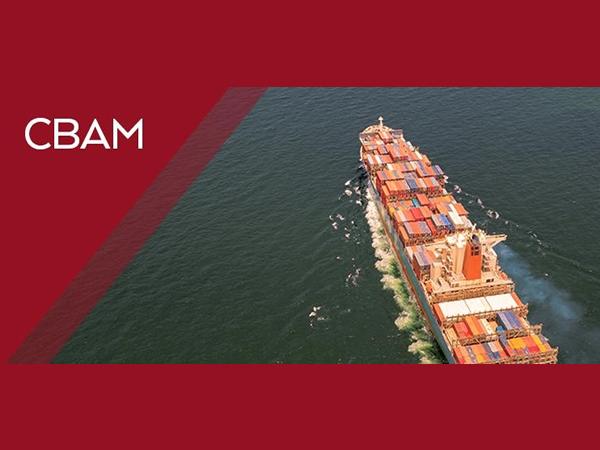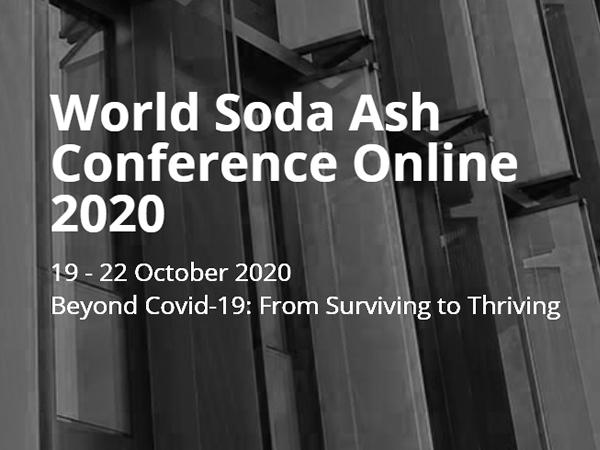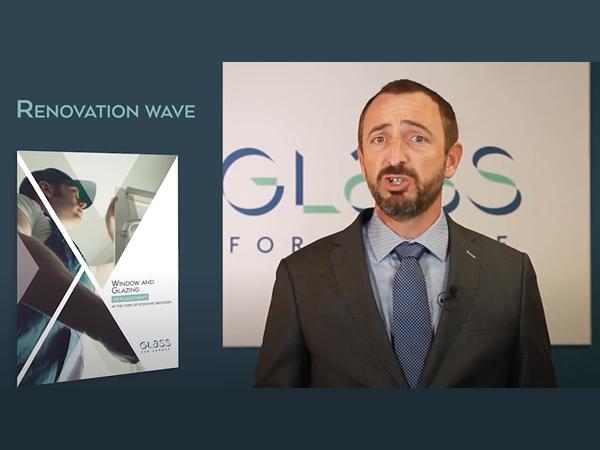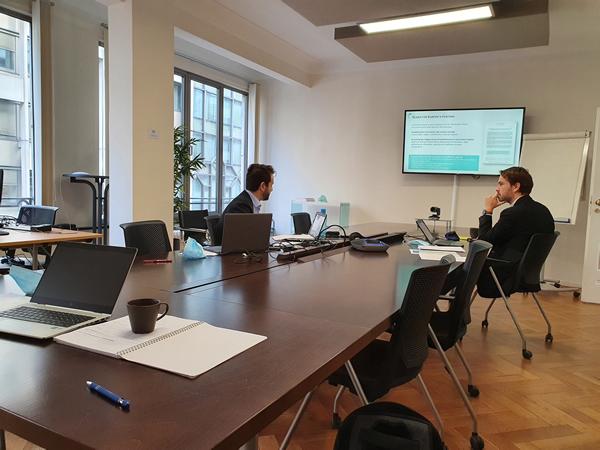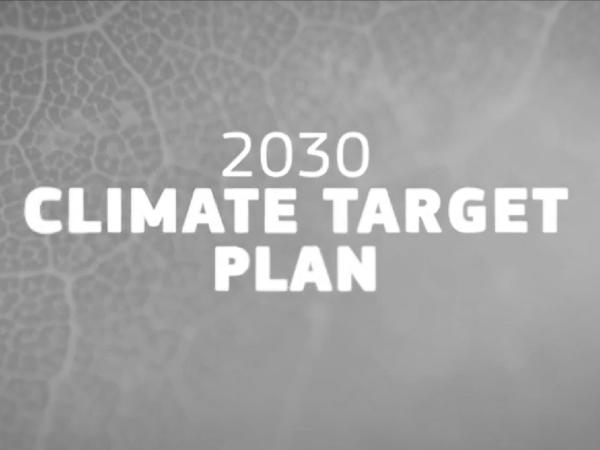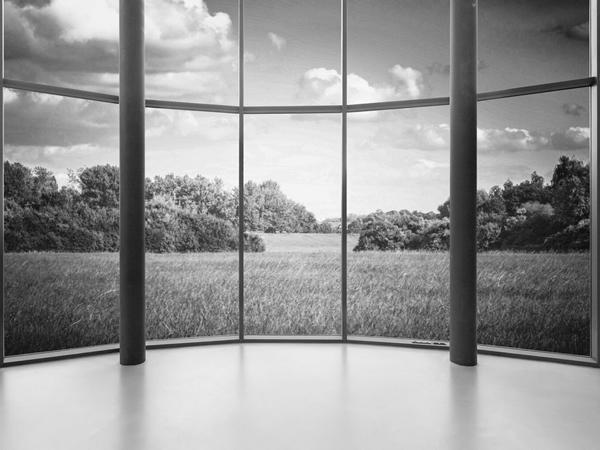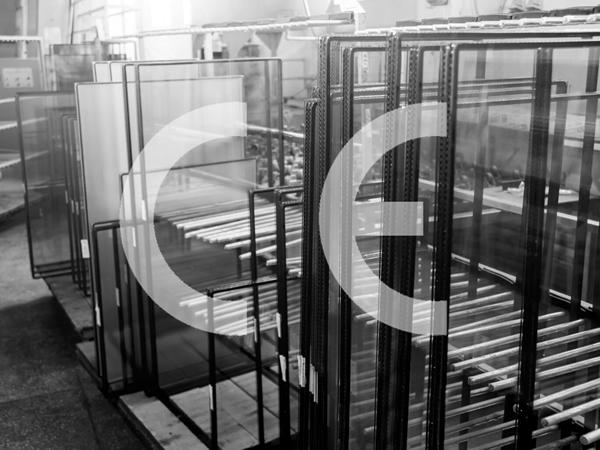Others also read
Polish Glass Manufacturers’ Federation, the national association of the Polish glass industry, is a new national partner of Glass for Europe.
The Panel on Recycling and Re-use of Glass Waste has taken place within the event programme of the Mir Stekla 2021 exhibition.
On March 22nd, Glass for Europe was virtually in Moscow for the 22nd edition of MIR STEKLA, the International Exhibition for Glass Products, Manufacturing, Processing and Finishing Technology.
British Glass, the representative body for the UK glass sector, held the first UK Glass Recycling Summit on 17 March with attendance from across the glass supply chain.
Glass for Europe contributed to the new European Bauhaus to highlight the importance of considering buildings in all their dimensions and to promote a people-centred approach to architecture.
The European automotive glass industry is concerned by the increasing number of national certification schemes for automotive glass put in place worldwide.
To materialize, the Renovation Wave needs to be backed by an ambitious revision of both the Energy Efficiency Directive and the Energy Performance of Building Directive.
On 19 February, Glass for Europe hosted its first online workshop on Reaction to fire for national partners.
The UK Glass Recycling Summit 2021: 90% by 2030 will take place virtually on 17 March 2021.
Glass for Europe answered to both the EED and RED consultations highlighting the importance of ensuring synergies with the other Green Deal initiatives, such as the Renovation Wave.
Glass for Europe answered today to the consultation on the EU ETS update in light of the revision of the European Climate targets.
Developing effective plans to replace inefficient windows is a key element of a sustainable and green recovery.
Glass for Europe welcomes a new National Partners, BV Glas, the Federal Association of the German Glass Industry.
Glass for Europe considers that its manufacturing activities should be covered under the taxonomy with adequate technical screening criteria.
Glass for Europe joins the call of Renovate Europe to increase the energy performance standards for the renovation of buildings in the taxonomy delegated act.
Highly selective, thermally insulating glass is already in Guardian’s portfolio and is widely used in modern, energy-efficient buildings.
The European Commission announced its intention to propose by mid-2021 a carbon border adjustment mechanism (CBAM) for a few sectors, as a pilot phase.
The European Commission announced its intention to propose by mid-2021 a carbon border adjustment mechanism (CBAM) for a few sectors, as a pilot phase.
Soda ash is a key raw material and is used as an additive in the flat glass making process to reduce the melting temperature of the sand used.
By way of the Renovation Wave, the European Commission aims to at least double renovation rates in the next ten years and make sure renovations lead to higher energy efficiency.
On 12 October, the traditional meeting between Glass for Europe and national glass and glazing associations was held for the first time in the format of a web conference.
In a video statement published in reaction to the climate plan, Glass for Europe calls for concrete actions to take place, particularly when it comes to renovating Europe’s ageing buildings.
Since August 2020, a specific CAS number for soda-lime silicate glass has been created in the CAS registry.
On 31st of August 2020, Glass for Europe answered to the European Commission’s roadmap consultation on environmental product performances’ claims.
By improving its functioning and effectiveness, the CPR (Construction Products Regulation) has the potential to become a driver of sustainability in the building sector and will eventually complete the single market.


